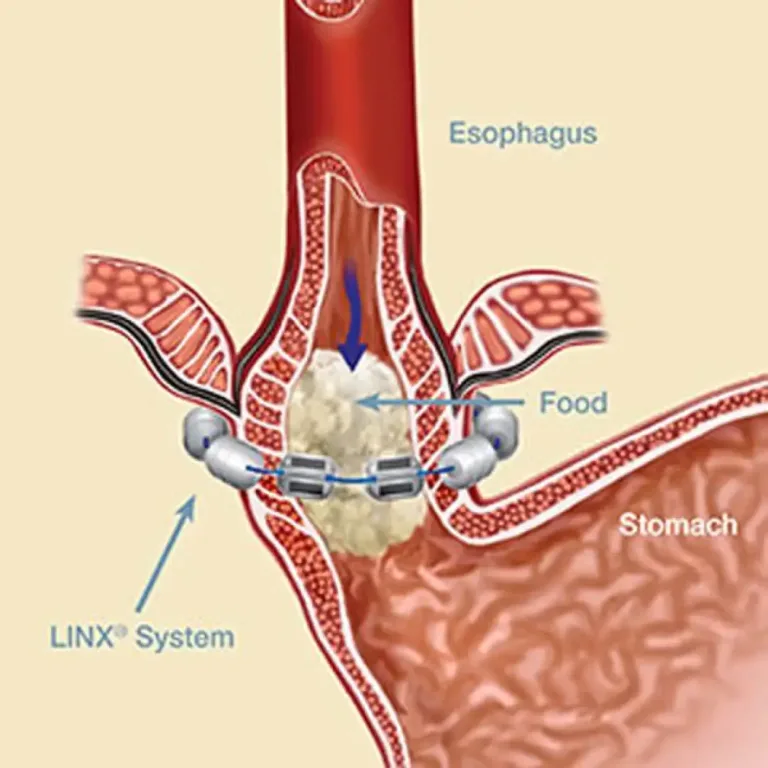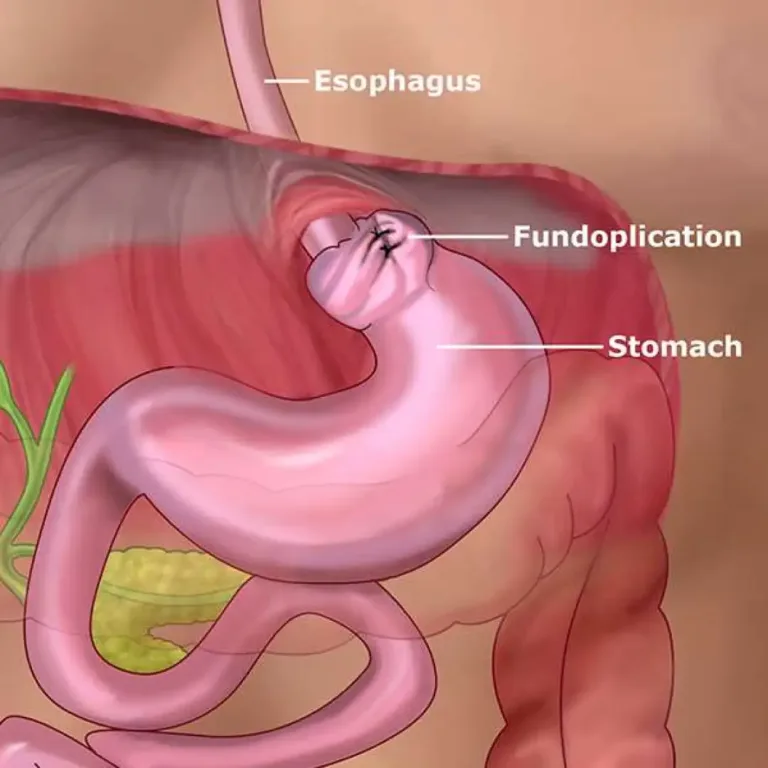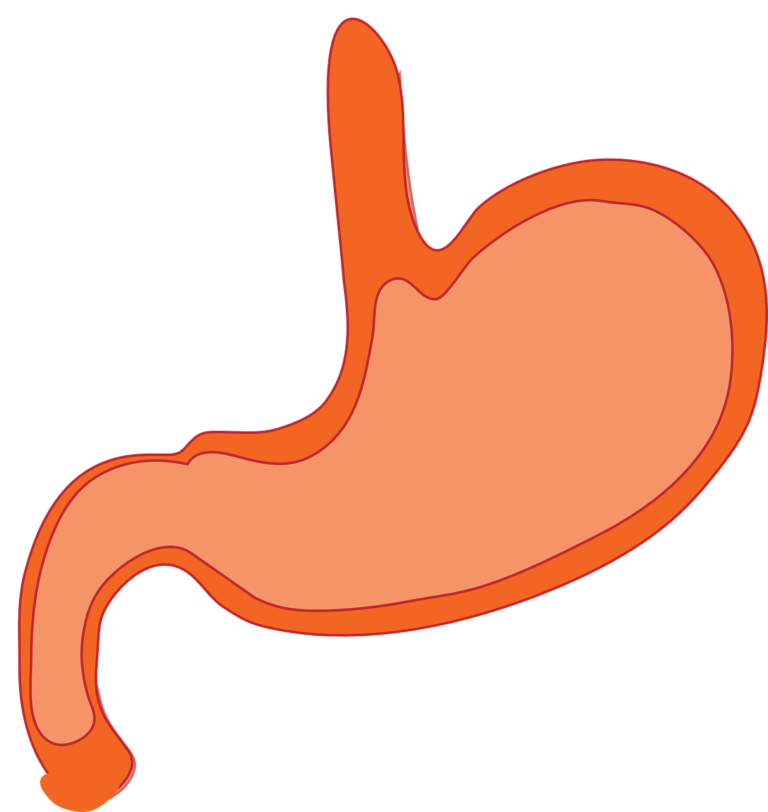Probiotics, often called “good bacteria,” are tiny microorganisms that play a vital role in maintaining a healthy balance in our digestive system. They offer a range of health benefits, from aiding digestion to supporting our immune system. While probiotic supplements are readily available, there’s a more natural way to embrace these friendly microbes: by consuming natural probiotics. This article will explore the world of natural probiotics, their sources, and the numerous benefits they bring to our well-being.
What Are Natural Probiotics?
Natural probiotics are living microorganisms found in certain foods and beverages that can positively impact your gut health. These microorganisms include beneficial strains of bacteria like Lactobacillus and Bifidobacterium, as well as various yeasts. Unlike probiotic supplements, natural probiotics are derived from whole foods and are often essential to traditional diets worldwide.
Sources of Natural Probiotics
- Yogurt: Yogurt is one of the most well-known sources of natural probiotics. It is fermented with specific strains of bacteria, such as Lactobacillus bulgaricus and Streptococcus thermophilus, which promote gut health.
- Kefir: Kefir is a fermented milk drink that contains a diverse mix of probiotic strains. It’s rich in beneficial bacteria, including Lactobacillus and Bifidobacterium, as well as yeasts.
- Sauerkraut: Sauerkraut is fermented cabbage that’s loaded with beneficial probiotics. The fermentation process naturally introduces Lactic acid bacteria, making it a potent source of natural probiotics.
- Kimchi: A traditional Korean dish, kimchi is made from fermented vegetables, primarily Napa cabbage and Korean radishes. It’s rich in various beneficial bacteria, including Lactobacillus kimchii.
- Miso: Miso, a staple in Japanese cuisine, is a paste made by fermenting soybeans with salt and koji (a type of fungus). It’s an excellent source of probiotics, particularly due to the strains of Lactobacillus it contains.
- Tempeh: Tempeh is a soybean-based product that is fermented using the fungus Rhizopus oligosporus. It’s not only a good source of probiotics but also a rich source of plant-based protein.
- Fermented Pickles: These pickles are made through the natural fermentation of cucumbers in brine. They’re packed with Lactobacillus, which turns them into a probiotic-rich snack.
Health Benefits of Natural Probiotics
- Digestive Health: Natural probiotics can enhance digestion by promoting the balance of gut bacteria, reducing symptoms of irritable bowel syndrome, and preventing diarrhoea.
- Immune Support: A healthy gut is closely linked to a strong immune system. Consuming natural probiotics can help regulate the immune response and potentially reduce the risk of infections.
- Nutrient Absorption: Probiotics can improve the absorption of essential nutrients like vitamins and minerals, ensuring your body benefits from the nutrients in the foods you consume.
- Mental Health: The gut-brain connection is increasingly recognized, and probiotics have been shown to influence mood and mental health.
- Weight Management: Emerging research suggests that maintaining a balanced gut microbiome may help in managing body weight and preventing obesity.





